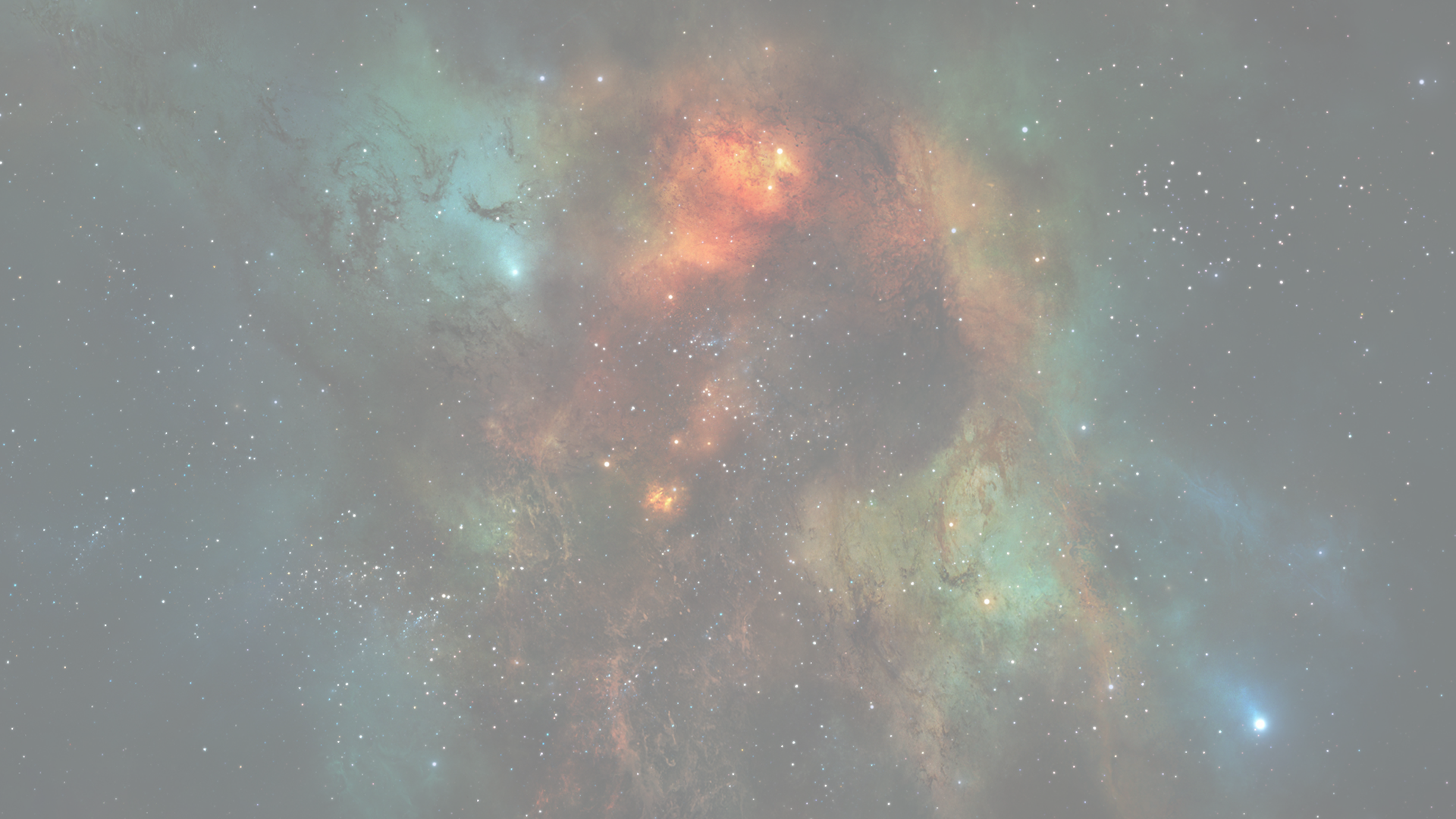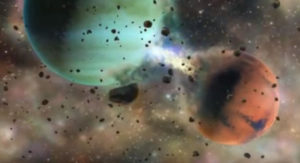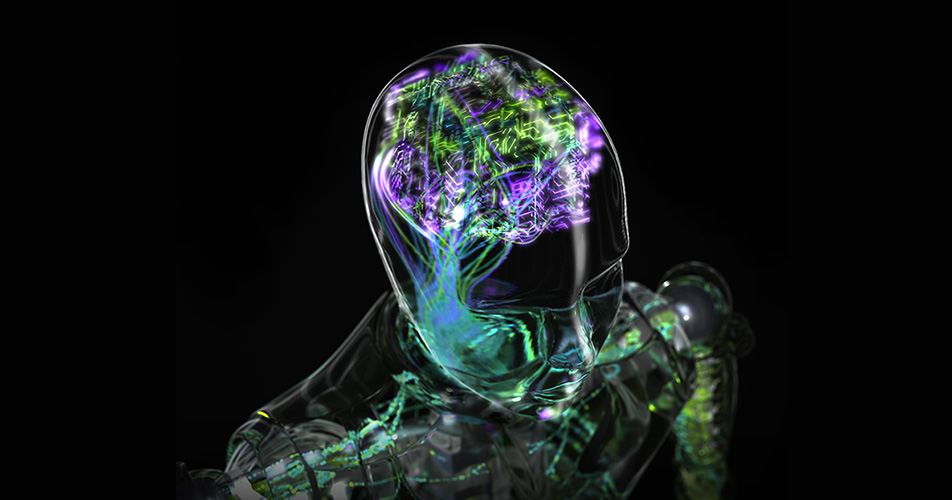


Rough Notes:
The future of space exploration will require the science of the electric universe.
AI-LEAD MISSIONS
Steve Chien and Kiri Wagstaff of NASA’s Jet Propulsion Laboratory have predicted that in the future, the behavior of space probes will be governed by AI rather than human prompts from earth. While humanity has made great strides in exploring the galaxies beyond our own, in order to learn even more about our universe, we may need to hand the controls over to robots.
That said, there will be challenges to the hand off, and the difficulties of micromanaging probes in deep space fall into three main categories:
First, probes may fall outside communications range, which means they will have to continue without instruction on their journey. That also means that eventually they’ll have to work out when, and how, to return with the data they have collected. A key aspect of this is knowing which data to document, and how to identify it: for example, deciding if weather is due to a storm or is normal for the planet being observed.
Second, because they will be traveling to areas of space that we know very little about, they will also have to be able to learn in order to adapt to environmental factors, such as unforeseen asteroids, temperatures, or gravities.
Third, because of the time required to travel to those distant parts of the universe, generations of scientists will die before probes return, leaving the probes somewhat to their own devices — so to speak.
 A Demonstration of AEGIS’ capabilities. Image Credit: NASA
A Demonstration of AEGIS’ capabilities. Image Credit: NASA
WHERE NO HUMAN HAS GONE BEFORE
The benefits of using AI to control space-exploring robots have been demonstrated by missions that are already underway. Both the Spirit and Opportunity rovers, which were launched back in 2003, had an AI driving system called Autonav that allowed them to explore the surface of Mars.
In addition, Autonomous Exploration for Gathering Increased Science (AEGIS) has been used by the NASA Mars rover, Curiosity, since May in order to select which aspects of Mars are particularly interesting and subsequently take photos of them. Chien and Wagstaff said “the system has substantially reduced lost time on the mission and markedly increased the pace of data collection.”
Therefore, any AI that we use in the future of space exploration will allow us to retrieve data from the places we send probes to, as well as allow us to explore them further, and collect better data. Since humans aren’t yet able to traverse these locales ourselves, unless we’re willing to hand at least some of that responsibility over to AI, it’s unlikely any of these missions could happen.
Hiro Ono, another NASA engineer, gives the example of a spacecraft on a Jovian moon Europa, which is covered by a 10km thick Icy Crust: “The probe might be trapped in ice if it waits for the instruction of human operators. Without an advanced autonomy, exploration of such a remote world would be severely limited, if not impossible.”